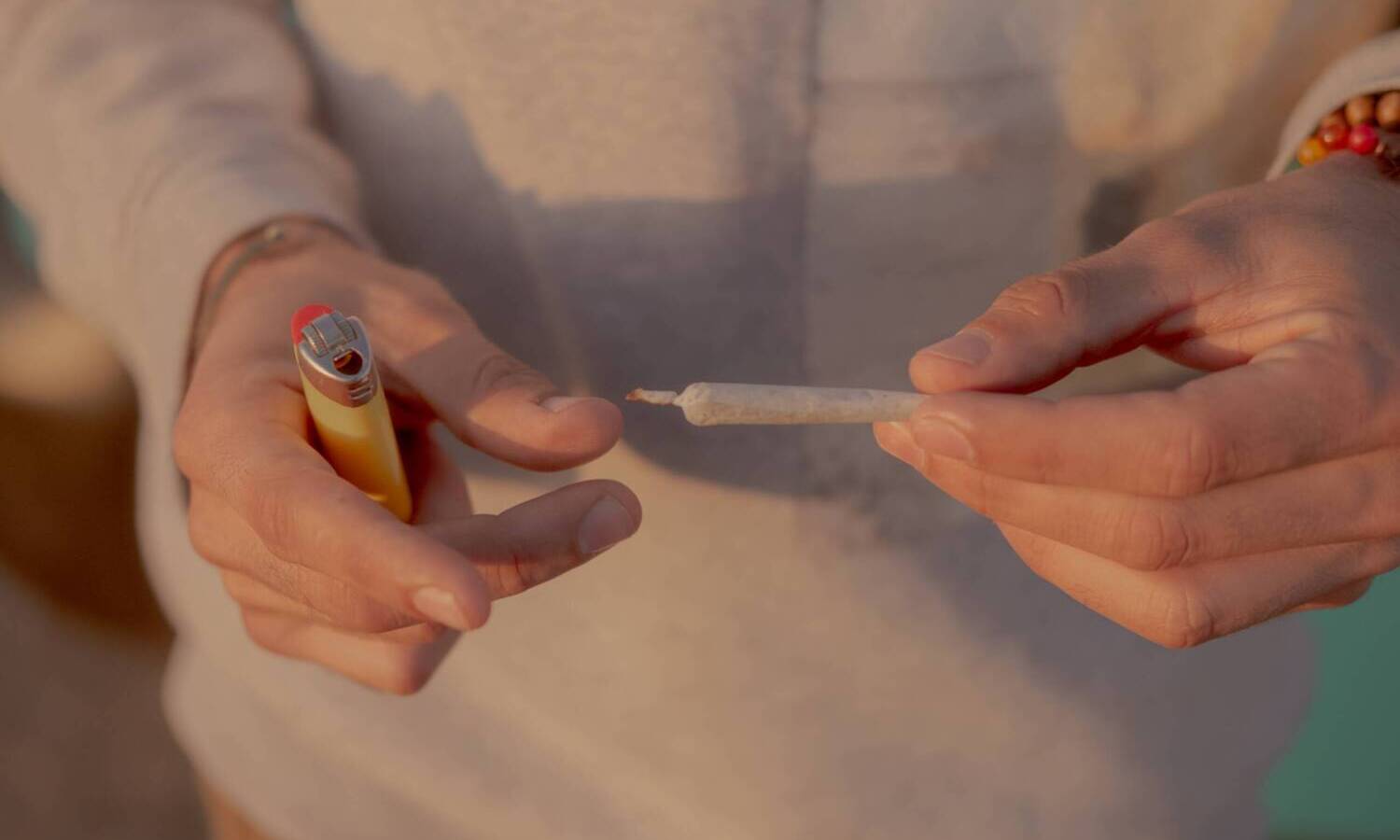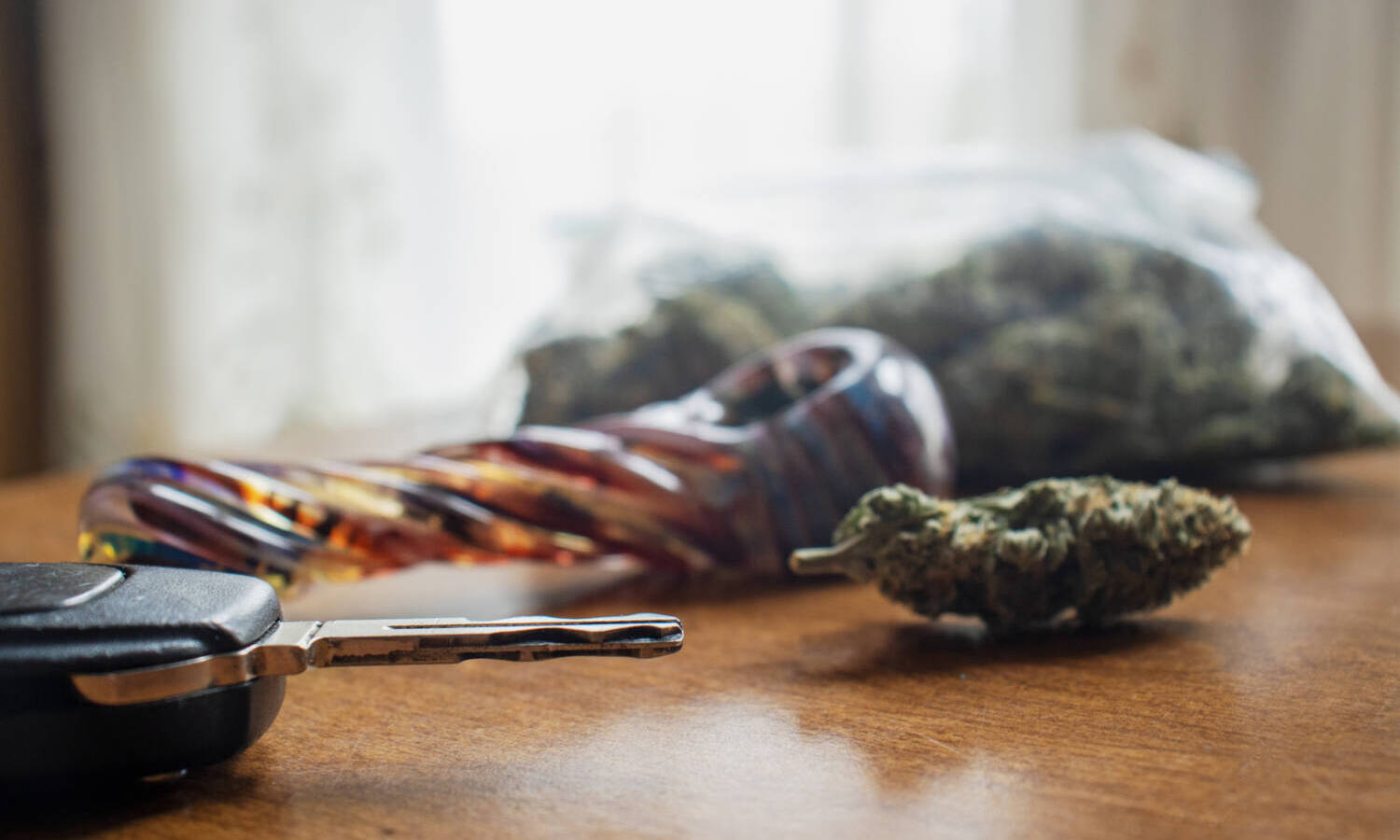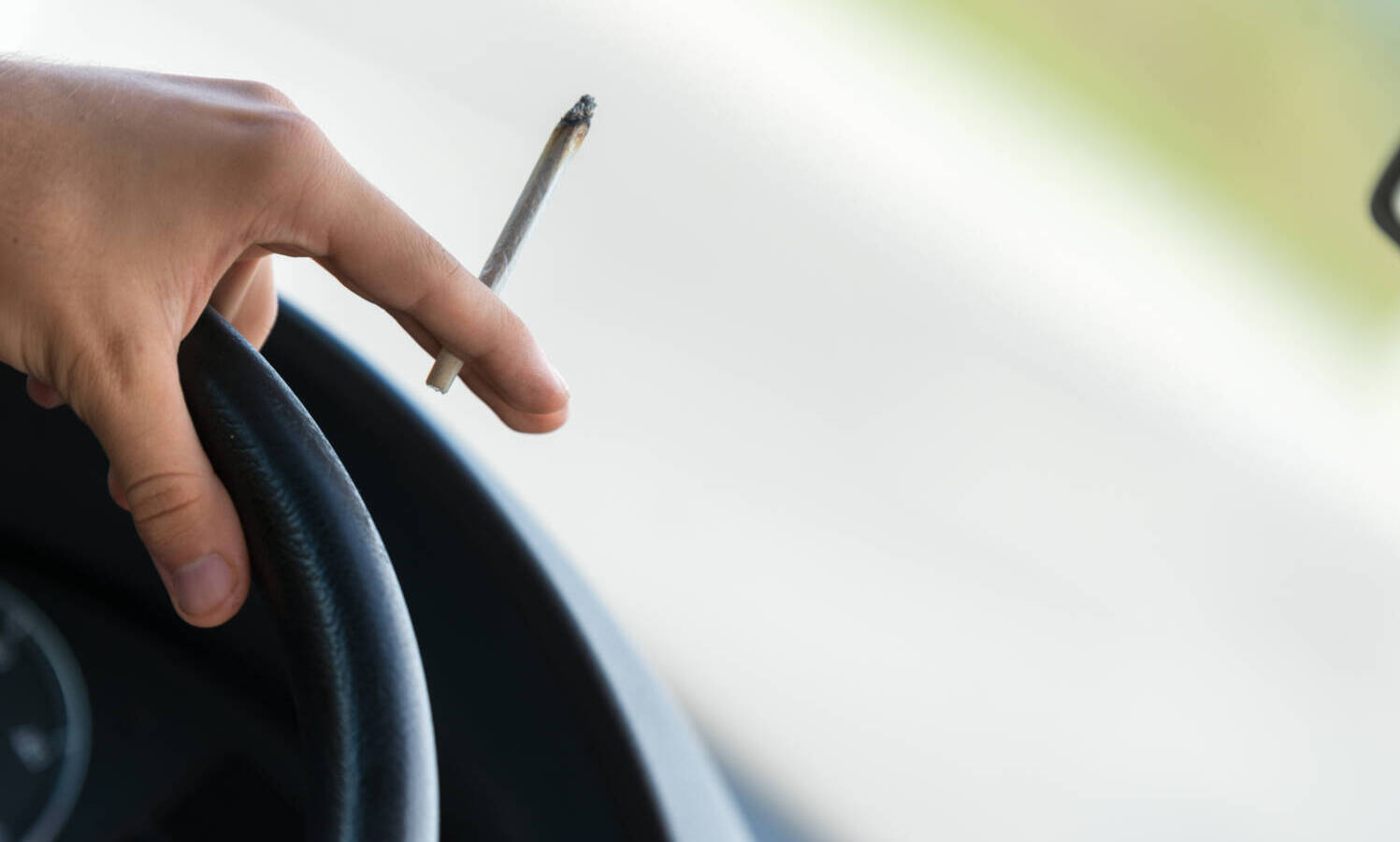Ironically, it seems that the states that cling to the myths perpetuated by prohibition are the same ones suffering from the consequences these myths suggest would happen if you legalize weed.
This article originally appeared on Cannabis.net and has been reposted with permission.
Throughout the prevalence of prohibition, we’ve been sold on the idea that if we were to legalize cannabis, everybody would just start smoking like junkies on the hunt for their latest fix. When cannabis was legalized, that didn’t happen.
They told us that if we were to legalize cannabis, kids would suddenly think that it’s okay to smoke weed and we’d have a bunch of red-eyed youths running around being all “delinquent” and stuff. When we legalized, it seemed that there was no change in youth consumption rates, and in some cases, fewer youths engaged in the activity.

Now it seems that another myth that was often perpetuated by the prohibition has surfaced agin, the myth that if we were to legalize, we would have “stoned drivers” crashing all over the place. Unfortunately with most prohibition myths, once a legal market steps in to prove or disprove the point, the facts usually side with cannabis.
A recent Marijuana Moment article pointed out a study that found legal marijuana states have less impaired driving than prohibition states.
“The risk of self-reported DUIC was significantly lower in recreational and medical states than in neither states,” the study authors wrote. “Current cannabis users in recreational and medical only cannabis states were significantly less likely to report driving within three hours of getting high in the past 30 days, compared to current users living in states without legal cannabis.”
“One potential explanation for lower prevalence of DUIC in legal states is perceived safety of cannabis use, which is associated with DUIC and varies by legalization,” the study continues. “In legal states, cannabis users may receive more information about the risks of cannabis use from sources like physicians who issue medical cannabis cards or dispensary staff than users living in neither states.”
In other words, the researchers believe that due to the fact that cannabis is legal, odds are that consumer education plays a vital role in reducing DUIC. People who live in legal states typically become more “aware” of the side effects of cannabis and begin to view cannabis consumption in the same light as driving under the influence of alcohol, which people tend to avoid.
RELATED: Drivers Less Likely To Get Behind The Wheel Stoned In States With Legal Weed
Conversely, since there are no public education about cannabis and driving in states that prohibit the plant, they are less likely to engage with other people who would openly frown about the idea of driving. The culture is already “illicit” meaning that doing other illicit things such as driving high might be less of a gap than if what you are doing is legal. Police are in the process of developing new protocols for testing cannabis-infused drivers.
In other words, in a prohibition state, the mere act of smoking marijuana would mean that you are breaking the law. But in a legal state, only driving under the influence would warrant an illegal action. When you’re already doing something illegal, doing other things that are illegal costs less than if you are not breaking the law.
However, the authors also believe that there could be another reason.
“States that have not legalized cannabis cannot regulate the labeling of cannabis products, while many recreational and medical states require warning labels and instructions on products,” the researchers wrote. “Some edible cannabis products contain warnings about driving within a few hours of consumption.”

This is part of the consumer education benefit of legalization. You can actually put warnings on the consumer products compared to the illicit market that has no regulations. This means that by the simple act of consuming a legal product in a cannabis friendly state, you are being exposed to the ideas of responsible consumption right on the packaging.
RELATED: Driving High On Marijuana Might Not Be As Dangerous As Prescription Drugs
While many people might not read these labels, the unconscious mind picks up on them and slowly over time begins to cement itself within the consumer’s mind. This isn’t possible in prohibition states.
In fact, the authors recognized this in their research:
“Because regulation of cannabis products in non-legal environments is not possible, mass media campaigns may be a good option by providing education about DUIC,” the authors said, concluding that: “Although all states should educate its citizens about the potential dangers of using cannabis and driving, this analysis suggests that states without legal cannabis are particularly in need of DUIC prevention efforts.”
Ironically, it seems that the states that cling onto the myths perpetuated by prohibition are the ones suffering from the consequences these myths suggest would happen if you legalize cannabis. The truth of the matter is that legalization as a policy has worked and while there certainly are areas of improvement, society is experiencing a net benefit from legalization.
Prohibition does nothing to reduce cannabis consumption, and seemingly performs poorer in reducing the potential side effects of mass cannabis consumption – reducing DUIC, youth consumption, etc.
What would happen if we do this with all drugs?
Cannabis should never have been made illegal in the first place. However, the same could be said for every other drug. While it’s true that meth doesn’t have the same “social value” as cannabis, consuming it should never be illegal.
In fact, if there is anything we can learn from prohibition it’s that by utilizing the “law enforcement approach” only makes the act of consuming drugs more dangerous. We have seen what can happen when we slowly educate people on the proper way of handling drugs.
We realize that when we treat people like adults and give them the freedom of choice, they typically tend to find some equilibrium and practice safe consumption habits.

In 2022, we need to recognize that the policies dreamed up by corrupt politicians over 50-years ago is the real cancer to society. And if we truly want to make society “safer” from drug consumption, we’ll take it out of the shadows, bring it into the light, and teach people the proper way of getting high.
It’s time we remove the stigma associated with drug consumption and recognize that we’re all caffeine junkies (for the most part). We’re all consuming a drug in one way or another, and just because some might have effects that make you question your very existence doesn’t mean that they should be illegal.
I’m sure, if we embrace drug use in a responsible manner and create the space for adults to experiment with their own consciousness, the world would not end, drug addiction rates would drop, crime would drop, and we would be entering into a new cultural revolution within 10 years after legalization.
Of course, this last part is just personal conjecture, but one thing is certain: prohibition even fails at what prohibition aims to stop, it’s time for something better.
This article originally appeared on Cannabis.net and has been reposted with permission.


